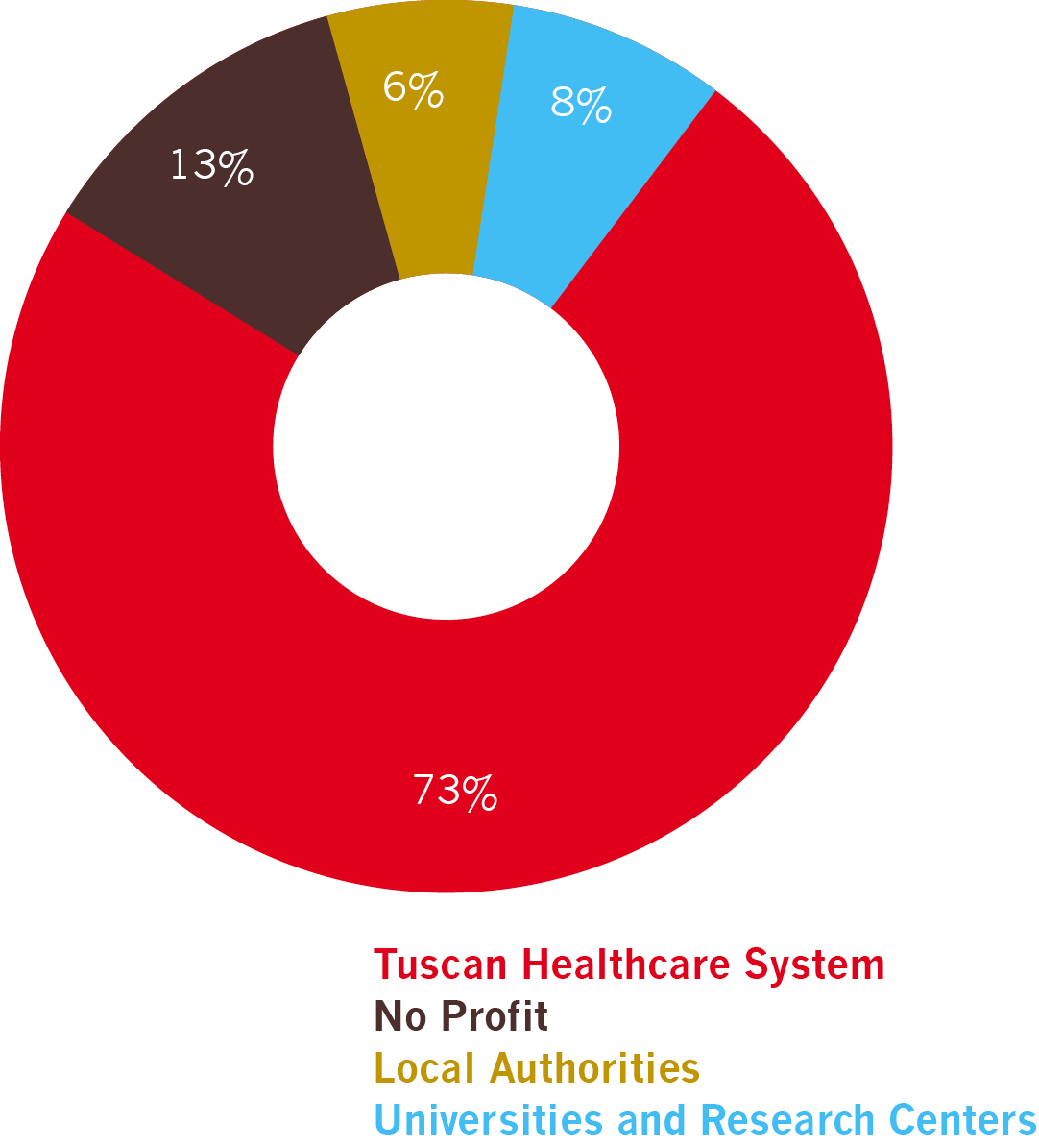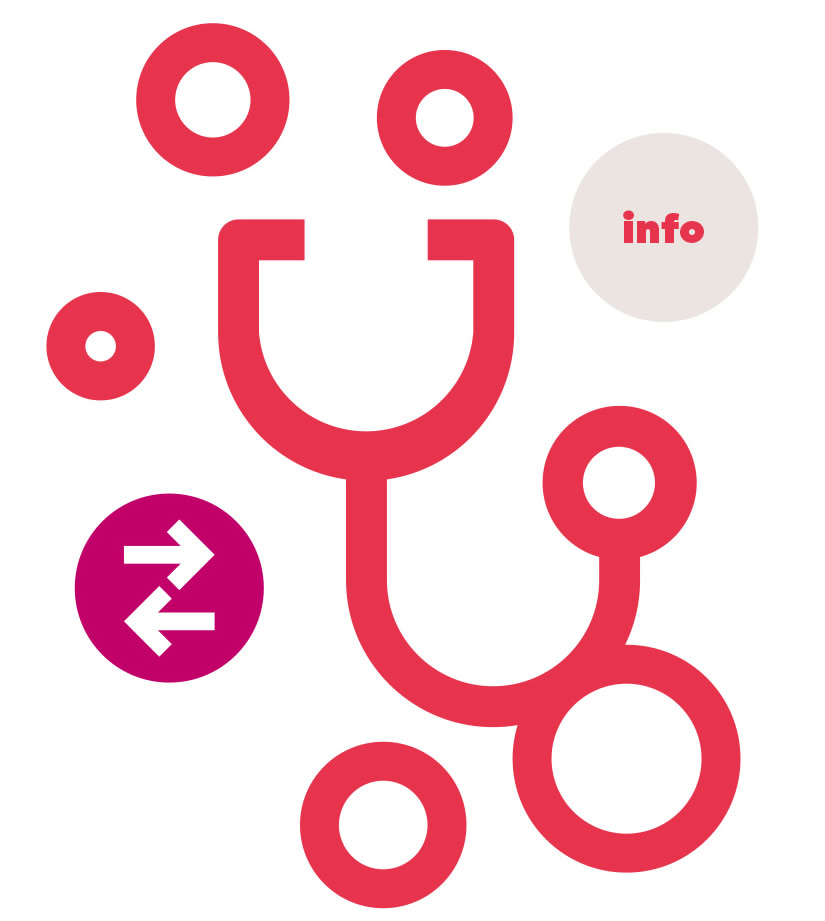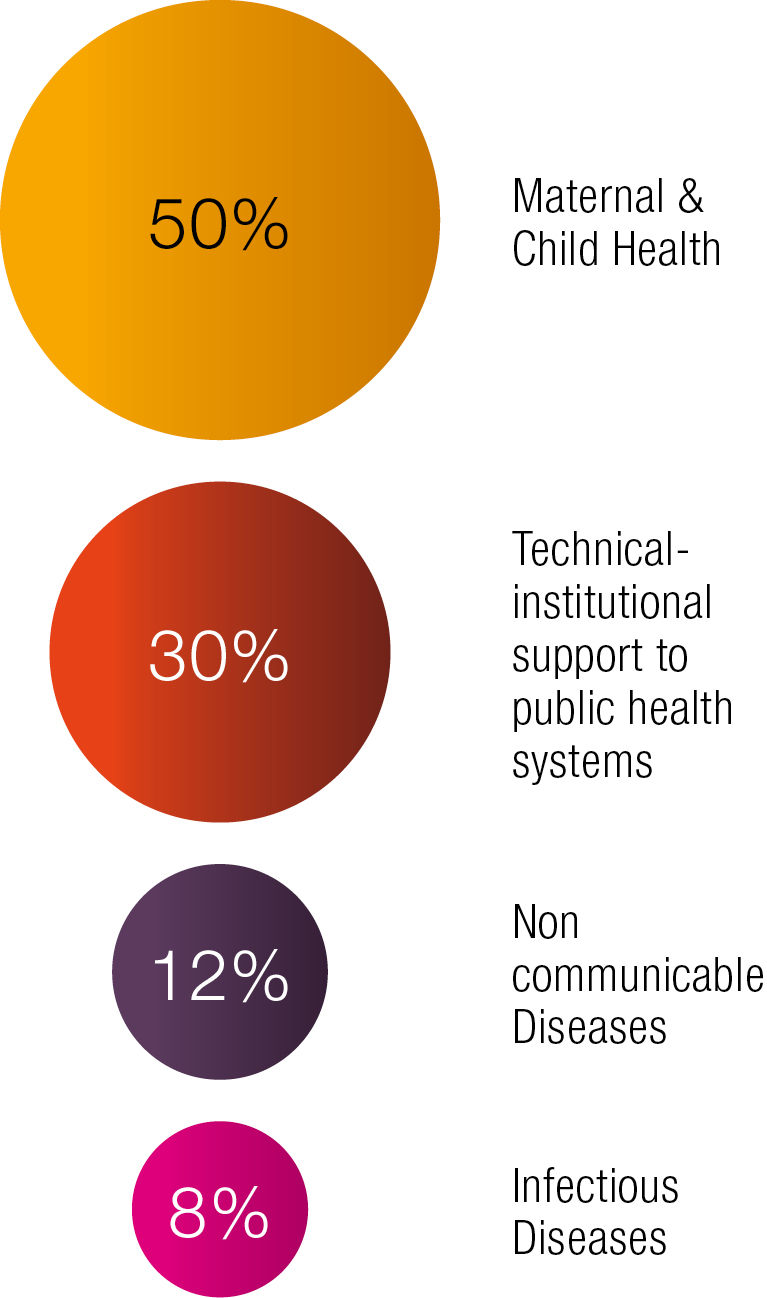Since 2002, the Healthcare Plans of the Tuscany Region included a special section appointed to international cooperation interventions, and since 2006 the Tuscany Region has adopted an annual IHC strategy in which the political and operational elements that are essential for the implementation of the activities have been outlined.
The Tuscan Health Cooperation System provides for three design methods:
- The Regional Initiative Projects: managed by the Healthcare and University Hospitals of the SSR and the Tuscan universities, the terms of which will be defined by a specific annual notice;
- The Call for Proposal Projects: a method aimed at supporting initiatives proposed by the Local Authorities, other public entities, or private non-profit entities based in Tuscany;
- The projects of Strategic Regional Initiative represent the main tool available to the Region for the implementation of actions which are recognized as having particular relevance in the context of the health cooperation strategy and are entrusted to the Global Health Center;
- The approval of the Integrated Plan of International Activities (Piano Integrato delle Attività Internazionali) 2012-2015 and the significant reduction of the funds allocated to IHC have led to a shift in priorities;
- in terms of greater availability of resources – to the PIRs of Healthcare Agencies, as well as structuring a project common to the International Activities Sector of the Tuscany Region. This brought to the creation of a third class of projects, the “Structuring Projects” aimed at promoting the ‘strategic’ development of the Tuscan System of International Activities in specific geographical areas.





